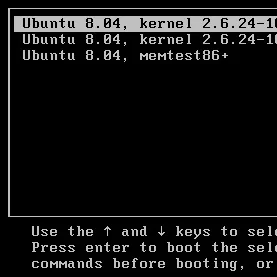Mageia 8 Linux OS Is Inching Closer To Release

It's been a quiet few months after Mageia 8 Alpha shipped back in January and was succeeded by the Mageia 8 Beta in August. This Mandrake/Mandriva-derived Linux distribution has been working to transition off Python 2, switch to Zstd for RPM package compression, better their Arm support, and better support the likes of F2FS and NILFS2, among other improvements for the latest iteration of Mageia Linux.
Though with all the work at hand and always in need of resources/volunteers, the road to Mageia 8 hasn't been too speedy. In today's status update of it being "on its way" they have now switched over to the Linux 5.9 kernel and will likely be using Linux 5.10 LTS for the final release, systemd 246 is at play, GCC 10.2 and LLVM 10.0.1 are the compilers, and numerous other key packages have been updated.
Mageia 8 also has the GNOME Wayland session available as an alternative to their X.Org Server 1.20.9 stack. With Mageia 8 also providing KDE Plasma 5.20.2 and Qt 5.15.1, there is the likelihood of at least offering a Wayland session preview there too but X11 will remain the default.
Blocking Mageia 8 from releasing currently are some 300+ packages failing to build, ~70 security related issues left to address, the NVIDIA driver doesn't yet support Linux 5.9+ for OpenCL/CUDA, and other blocker bugs. Once more of these issues are ironed out a second beta release is still expected before the official Mageia 8 release.
More details on the Mageia 8 status via the Mageia.org blog.
3 Comments

